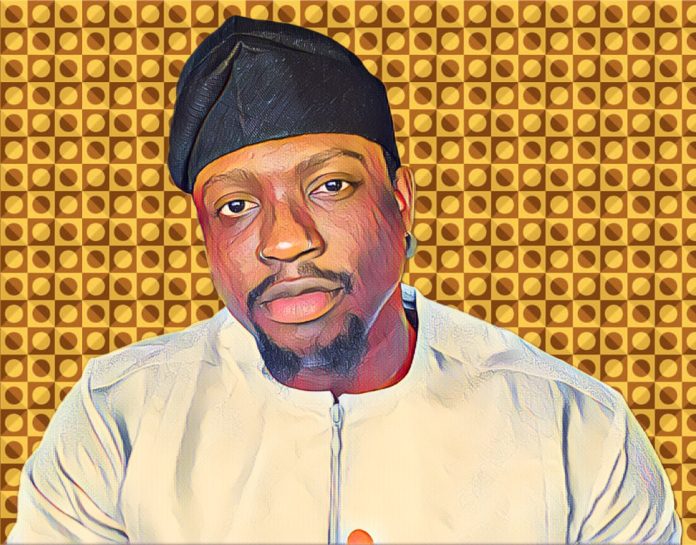KEY POINTS
-
Nigerian youths protested in Abuja demanding the release of social media activist VeryDarkMan alleging his arrest lacked due process and was politically motivated.
-
The detention follows a defamation lawsuit by gospel singer Mercy Chinwo, raising concerns about Nigeria’s use of cybercrime laws to stifle dissent.
-
Human rights groups and legal experts warn the case reflects broader threats to free speech, with calls for judicial reform amid escalating tensions between activists and authorities.
Hundreds of Nigerian youths gathered outside the Garlic Area 3 branch of Guaranty Trust Bank in Abuja on Monday, May 5, to protest the arrest of social media activist Martin Vincent Otseh, widely known as VeryDarkMan, VDM.
Demonstrators accused authorities of “kidnapping” the outspoken critic, alleging he was detained without a warrant or formal invitation for questioning. Chants of “Free VDM now!” echoed through the streets as protesters demanded his immediate release.
AIT LIVE reported tensions flaring when police attempted to disperse the crowd, which had swelled to over 300 people by midday. Protesters held placards reading “Silencing dissent is tyranny” and “Justice for Very Dark Man,” reflecting growing frustrations over perceived government crackdowns on free speech.
VDM, known for his viral commentary on socio-political issues, has amassed a following of over 500,000 across TikTok and Instagram, where he frequently criticizes corruption and celebrity misconduct.
Defamation case and broader implications for activism in Nigeria
The arrest follows a defamation lawsuit filed by popular gospel singer Mercy Chinwo, who accused Otseh of making “false and damaging allegations” about her marriage in a March 2025 livestream. A Federal High Court in Abuja issued an arrest warrant after Otseh failed to appear in court, though protesters insist the warrant was never presented during his detention. “This isn’t about defamation—it’s about silencing those who challenge the powerful,” said protester Amina Adeyemi, a student at Lagos State University.
Legal experts warn the case could set a precedent for Nigeria’s cybercrime laws. Section 375 of the Nigerian Criminal Code criminalizes defamation, punishable by up to two years in prison. However, critics argue such laws are increasingly weaponized to suppress dissent. Amnesty International Nigeria released a statement condemning the arrest, calling it “a disturbing escalation in the harassment of activists under the guise of legal proceedings.”
Police spokesperson Olumuyiwa Adejobi denied allegations of misconduct, stating, “Mr. Otseh was lawfully apprehended pursuant to a valid court order. We urge the public to avoid speculation and allow the judicial process to proceed.” Meanwhile, VDM’s legal team has filed a motion challenging the arrest’s legality, citing procedural violations.
The protest underscores Nigeria’s deepening divide between youth activists and authorities. Similar arrests, including the 2023 detention of feminist leader Omoyele Sowore, have sparked nationwide debates about civil liberties. With #FreeVeryDarkMan trending on X (formerly Twitter), activists vow to escalate demonstrations until Otseh is released.



